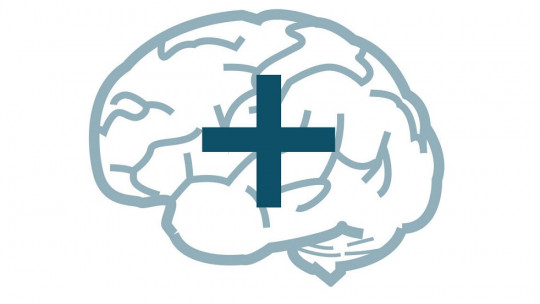
Since Psychology was born as a science at the end of the 19th century, it has gone through a process of evolution and diversification of its areas of study and intervention in people’s problems.
On the one hand, it has been influenced by the social, economic and political changes that have taken place in recent decades to adapt its objectives, techniques and methodologies, and on the other, it has contributed to transforming society and making us see the mind. human and mental health with different eyes. Due to this bidirectional phenomenon, Today we are experiencing a true boom in applied psychology ; More and more people are seeking this type of services, and the needs and problems that are addressed by Psychology are more varied. Let’s see why this has happened.
Why is it increasingly common to go to a psychologist?
The increase in the popularity of Psychology as a useful discipline for the day-to-day problems and experiences of all types of people has not arisen by chance; It responds to a series of social, technological and social transformations that have contributed to making the work of psychologists more flexible, accessible and valued than a few decades ago. We see what these changes consist of.
1. The emergence of online psychology
In a relatively short time, online psychology has gained great popularity, partly helped by the COVID-19 crisis and the mobility restrictions applied by the governments of many countries in the face of the coronavirus. Part of its success is how simple it is: just change the communication channel, which becomes a digital platform that allows you to make video calls; the rest remains the same.

This way of availing the services of the psychologist allows you to save travel to the professional’s consultation, and also makes it possible to reduce the cost of each session. By the way, it is a very good alternative for those who, due to health problems or living in isolated areas, have problems leaving home and traveling long distances.
2. The destigmatization of psychological problems
Not so long ago, It was assumed that the psychologist’s work was limited to helping “crazy” people or, in any case, to those who had severe cognitive deficiencies, or learning problems. Even among patients from well-to-do classes, it was common to perpetuate the stereotype of a well-to-do woman with “hysteria” problems, basically problems associated with neurosis and altered moods, partly fueled by suggestion. This made it easy to associate psychology with intervention in stigmatized groups: people marginalized by society, women who were considered “a burden,” bad students…
Luckily, and although there is still work to do in this sense, today the lives of those who experience problems traditionally associated with that type of role have been destigmatized, and it is assumed that any type of person, rich or poor, with more or less intelligence, man or woman, you may need to see a psychologist.
3. Greater awareness on mental health issues
This element is closely related to the previous one; In the same way that the stigma that had been placed on those who went to a psychologist has been weakening, the conception of what a mental health problem is has gained many nuances; It no longer relies on stereotypes and a very simplistic view of what it means to need professional help in this area.
For example, depression has come to be seen as a very common psychopathology that can manifest itself in a wide variety of different experiences, and that occurs even in those who from the outside appear to be successful, loved and popular people. It cannot be taken for granted that a diagnosis gives us a clear and predictable picture of an individual’s behavior and way of thinking, and knowing that means that more people are interested in psychotherapy services.
4. The emergence of more specialties in applied psychology
As a result of the influence of Positive Psychology, it has evolved until Psychology is not so focused on disorders and cognitive or learning deficits, opening up more towards ways of addressing people’s needs from a humanistic perspective. That is, it takes into account the potential to exploit the talents and concerns of the individual.
Therefore, much of the work of psychologists is not limited to correcting the “lack of” something, but also works to expand the positive qualities that are already present in the individual, even if latent. In this way, action is not only taken to try to mitigate symptoms that cause discomfort, but also support is given to those who want to carry out personal and professional development processes, sometimes under the name of “coaching”.
In relation to personal development, this type of support involves helping people connect with their values and the priorities that arise from it through a process of self-discovery, setting exciting and motivating goals that add meaning to their daily activities in the short term. and long term, and teach them emotional management and time management techniques that are in line with achieving the objectives that have been set in that roadmap. In short, experiencing personal development consists of experiencing truly meaningful projects for oneself, and learning to face the challenges that come to us in that context.
Do you want assistance in the field of psychotherapy or coaching?
If you are interested in having psychological support in the areas of psychotherapy or coaching, we invite you to contact our team of professionals.
In UPAD Psychology and Coaching We offer both psychotherapy and support for personal or professional development processes, sexological assistance and training courses. You can count on our services in person at our office located in Madrid or online through video call sessions.








